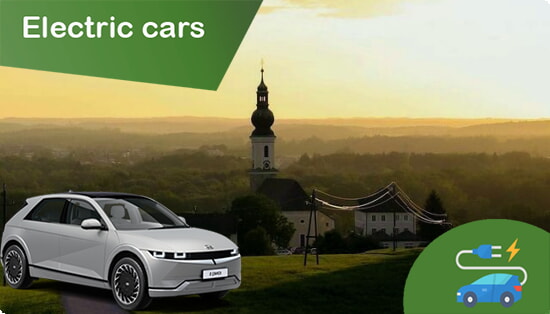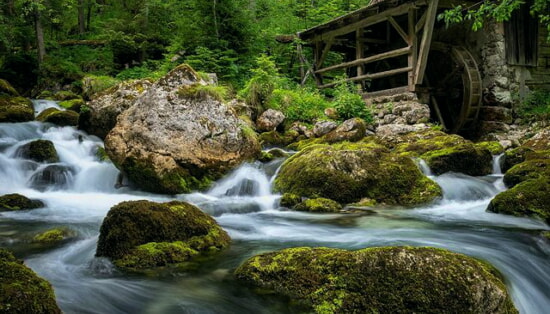 20%
Discount
20%
Discount

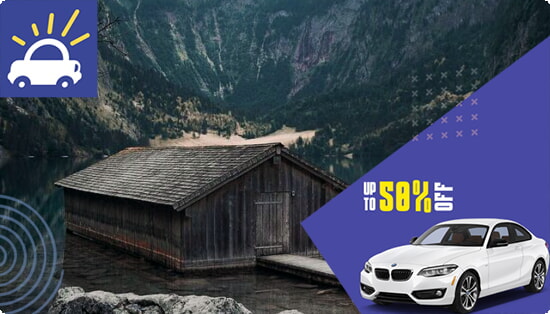
Driving on Austria's top-notch roads is a delightful experience, with rules largely mirroring those of other EU countries. Traffic flows on the right side, and vehicles must always have their low beams on. On the many mountain roads, safety barriers are common, and drivers who can more easily pull over are expected to yield to others. It's important to note that using a phone without a hands-free device is illegal, as is the use of DVRs, with fines for the latter starting at €10,000.
Parking in Austrian cities is often regulated by blue zones where parking is permitted for 30 minutes to 3 hours. To park, obtain a "traffic" from a nearby kiosk and display it on your car's windshield. Be aware that some cities have unique parking regulations, where fees are paid at automatic machines.
Highway use requires a toll, with a receipt provided that must be displayed on the windshield. Austria enforces strict blood alcohol limits for drivers, set at 0.5 mg per 1 ml of blood, with penalties for drunk driving ranging from €500 to €4,000.
Drivers must carry a reflective vest for use in accidents or when stepping onto the roadway. Austrian roads are well-maintained, allowing for safe travel at any time. The driving style, known locally as Schengen, is recognized for being smooth and comfortable.
Children under 12 are not allowed in the front passenger seat and must be seated in the back with seat belts fastened, as per the Austrian Ministry of Transport. When choosing a rental car, consider a smaller vehicle for city driving or a larger one for mountain excursions. Note that cars with automatic transmission are less common and should be reserved in advance.
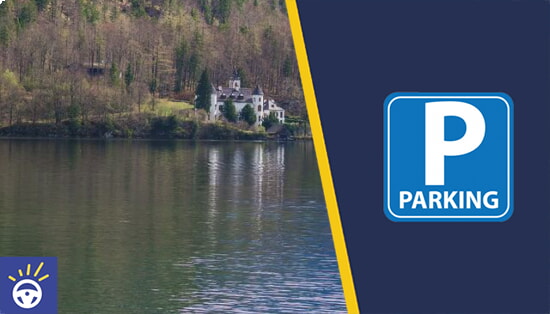
For enthusiasts of culture and architecture, Salzburg is a treasure trove. The city's most renowned shopping street, Getreidegasse, is famous not only because it's the birthplace of Mozart but also for its enduring charm. Today, it still attracts numerous tourists with its unique shops featuring picturesque wrought iron signs.
The majestic Salzburg Cathedral stands as the city's most significant religious edifice. Despite being destroyed multiple times throughout history, it now houses a museum that is well worth a visit. Another must-see is the Salzburg Residence, the former seat of power for prince-archbishops, which now serves as a venue for hosting distinguished guests.
Opting for a car rental can enhance your travel experience by avoiding the constraints of group tours. A short 20-minute drive from Salzburg will bring you to the Hallein Salt Mine, where you can explore the fascinating process of salt extraction through a tunnel tour.
The city of Innsbruck, known for its blend of sports and culture, is home to Saint-Jacques Cathedral, which houses numerous art pieces and was famously depicted by German painter Albrecht Dürer. To delve into Austrian folklore, the Tyrolean Museum of Folk Art is an ideal stop. Situated next to the Mausoleum and the Imperial Palace, this three-floor ethnographic museum offers a deep dive into the history and vibrant life of Tyrol.
In Innsbruck, don't miss the opportunity to explore the Alpenzoo and take a ride on the Hungerburgbahn, designed by Zaha Hadid. The zoo provides an intimate look at Alpine wildlife, while the exhibitions educate visitors about Tyrol's delicate ecosystems.
While in Vienna, make sure to visit the exquisite Belvedere Palace, one of the most stunning complexes in the city, nestled in the Landstrasse district. The park, situated between the Upper and Lower Belvedere, is especially noteworthy.
Additionally, the neo-Gothic Vienna City Hall is a sight to behold, with its tower soaring to 105 meters and topped by the Rathausman, a sculpture of an armored standard-bearer.
On the border with Germany lies the legendary Untersberg mountain park, whose slopes offer breathtaking views of Salzburg and the surrounding valley. The area is steeped in fascinating legends and historical events. For nature enthusiasts, the Krimml Waterfalls are a must-see. As one of the highest cascades in Europe, they boast a total height of 380 meters.
If you're looking to rent a car in Austria without placing a deposit, it's possible by opting for additional insurance. This can be a more convenient option, and you can still secure your deposit using a credit card. Reputable services that offer this option include Avis, Hertz, Europcar, and Sixt, among others.
In Austria, every rental car must be insured, which typically includes coverage for damage from accidents and theft. However, liability insurance is not covered by the franchise. The insurance cost is usually incorporated into the rental price.
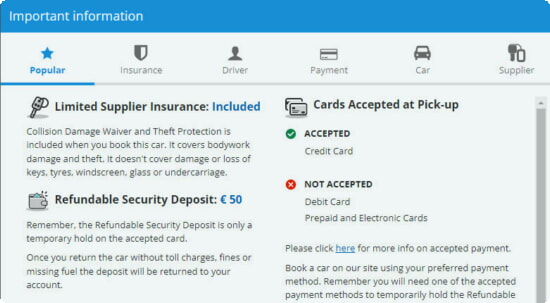
Be aware that a car rental company in Austria may block a deposit on your bank card that could be up to three times the rental price. Ensure your account has sufficient funds to cover this potential cost.
Finding a rental car in Austria is straightforward, with numerous drop-off points available in every major city and federal state. Rental agreements often include additional clauses for separate insurance coverage, such as protection for the driver, car wheels, mirrors, roof, and windows, as well as coverage for breakdowns and vandalism.
Upon returning the rental car in the same condition as it was received, the rental company will release the blocked deposit. The franchise defines the maximum amount the company can withhold from the deposit in case of damage or theft during the rental period. Any minor defects should be documented in writing by the company.
When you sign the rental agreement, the rental office will block a specified deposit amount on your bank card. To confirm the payment, you'll need to enter your PIN code at the payment terminal. It's crucial that the name on the card matches the name on the rental agreement.
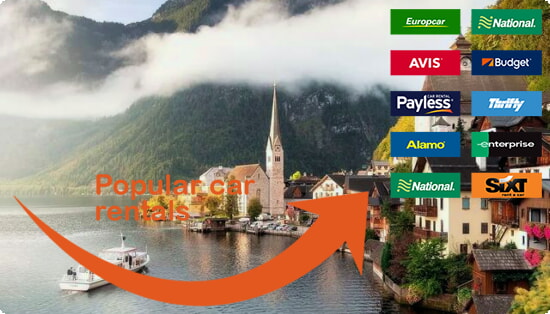
In Austria, environmental conservation is a priority, and this is evident in their approach to transportation. Take the village of Werfenweng, for instance, where tourists who arrive by bus or train are offered the use of electric cars at no charge. Vienna, too, stands out as one of Europe's most accommodating cities for electric vehicle owners.
Leading rental companies, such as Hertz and Avis, provide a selection of electric vehicles, including models like the Renault Twizy and Nissan Leaf. These vehicles are not only eco-friendly but also offer a quieter ride, making them ideal for navigating the bustling urban landscapes.
Electric cars are efficient, typically consuming around 30 kWh of electricity for a full charge, which is sufficient for about 120 kilometers of travel in Austrian cities. Renters of electric cars also enjoy perks such as complimentary parking spaces and charging stations. Moreover, they benefit from the swift mobility that these cars provide. Rental costs for electric vehicles in Austria vary by model and season, ranging from 30 to 80 euros per day.
